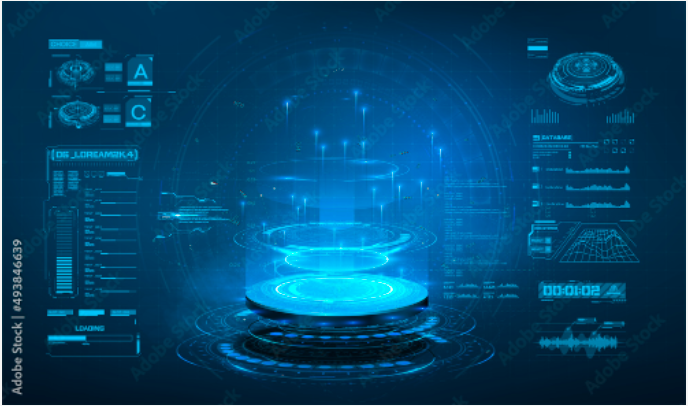CMS stands for content management system and is a web development term. It is a software application that enables you to create, manage and publish digital content. A CMS usually consists of two parts: the back-end, which is where you create and manage the content, and the front-end, which is what your users see.
What are the advantages of CMS?
There are many advantages of using a CMS. One of the main advantages is that it makes managing and publishing content much easier. You can create and manage content from a central location, which makes it easy to keep track of all your content. A CMS also makes it easy to publish content to multiple channels, such as your website, social media, and print media.
Another advantage of using a CMS is that it can help you to improve your website’s search engine ranking. A CMS enables you to add keyword-rich titles, meta descriptions, and alt text to your content, which can help your website to rank higher in search engine results pages.
A CMS can also help you to create a more user-friendly website. A CMS enables you to create customized page layouts, which can make your website easier to navigate. You can also add interactive elements, such as forms and polls, to your website using a CMS.
What are the disadvantages of CMS?
While there are many advantages of using a CMS, there are also a few disadvantages. One of the main disadvantages is that a CMS can be expensive to set up and maintain. You will usually need to hire a web developer to set up and customize your CMS and to maintain it on an ongoing basis.
Another disadvantage of using a CMS is that it can be difficult to learn how to use. Most CMSs have a complex user interface, which can be difficult to learn.
Finally, another disadvantage of using a CMS is that it can be vulnerable to attacks from hackers. A CMS is a popular target for hackers because it contains a lot of sensitive information, such as usernames and passwords. Hackers can exploit vulnerabilities in a CMS to gain access to this information.
Why is CMS important in website?
A CMS is important in website because it enables you to manage and publish content easily. You can create and manage content from a central location, which makes it easy to keep track of all your content. A CMS also makes it easy to publish content to multiple channels, such as your website, social media, and print media.
A CMS can also help you to improve your website’s search engine ranking. A CMS enables you to add keyword-rich titles, meta descriptions, and alt text to your content, which can help your website to rank higher in search engine results pages.
A CMS can also help you to create a more user-friendly website. A CMS enables you to create customized page layouts, which can make your website easier to navigate. You can also add interactive elements, such as forms and polls, to your website using a CMS.
Why is it important for small business owners to use a CMS?
Small business owners should use a CMS because it enables them to manage and publish content easily. A CMS makes it easy to create and manage content from a central location, which makes it easy to keep track of all your content. A CMS also makes it easy to publish content to multiple channels, such as your website, social media, and print media.
A CMS can also help you to improve your website’s search engine ranking. A CMS enables you to add keyword-rich titles, meta descriptions, and alt text to your content, which can help your website to rank higher in search engine results pages.
A CMS can also help you to create a more user-friendly website. A CMS enables you to create customized page layouts, which can make your website easier to navigate. You can also add interactive elements, such as forms and polls, to your website using a CMS.
What are some popular CMSs?
Some popular CMSs include WordPress, Joomla, and Drupal. These CMSs are all open source, which means that they are free to download and use. They are also all relatively easy to learn how to use. Some people believe that WordPress offer best UI experience to it’s users.
What are the Types of CMSs?
There are a variety of different types of CMSs, including content management systems, e-commerce platforms, and blog engines. You can choose the type of CMS that is best suited to your needs. For example, if you need a CMS to manage a website with a lot of content, you should choose a content management system. If you need a CMS to run an online store, you should choose an e-commerce platform. And if you want to create a blog, you should choose a blog engine.

